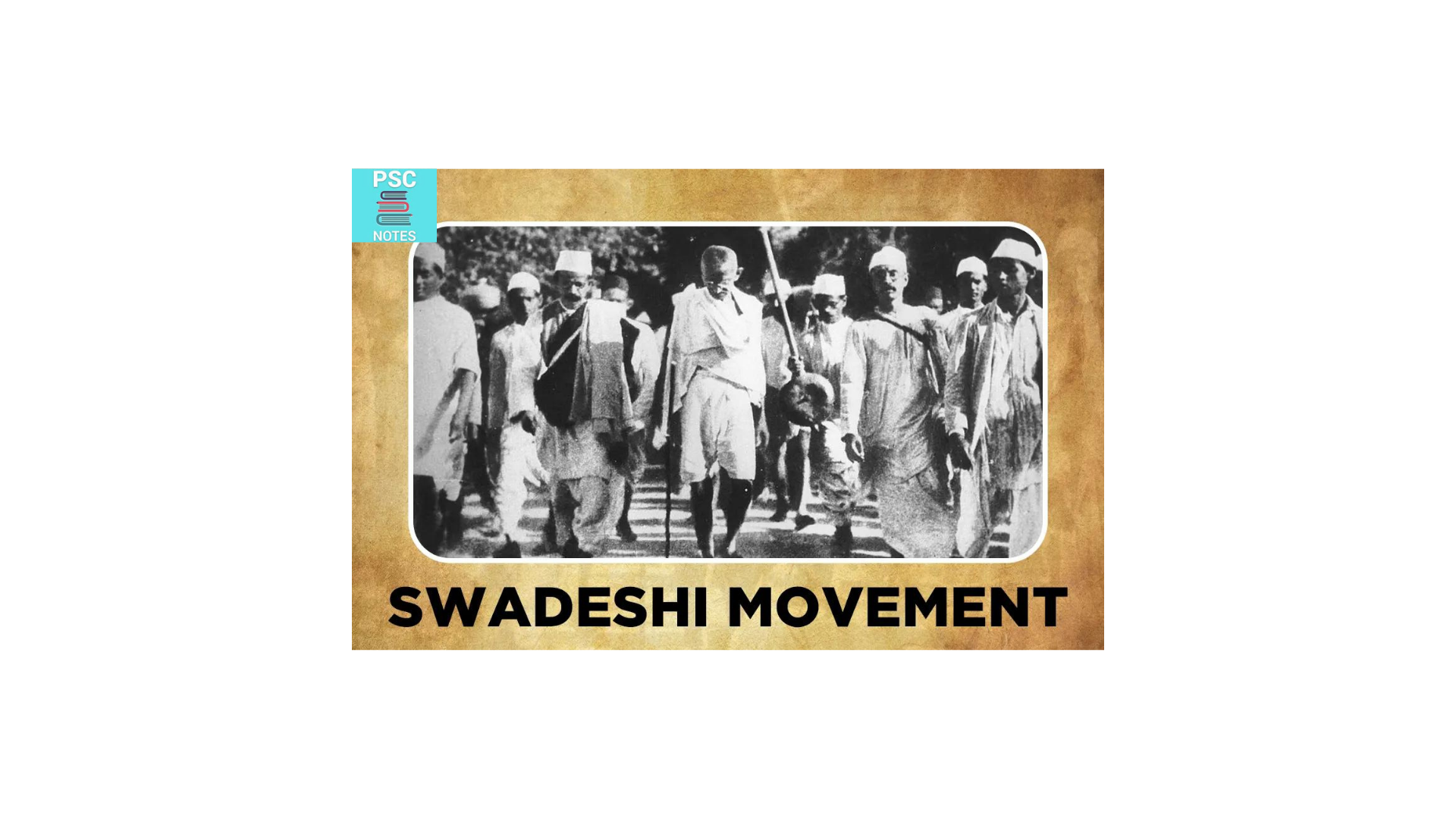The years of Stagnation and Emergence of socialism
Gandhiji was arrested in 1922 and sentenced to 6 years of imprisonment. The result was the spread of disintegration, disorganization and demoralization in the nationalist ranks. After a defeat of their resolution of ‘either mending or ending’ in the Congress, CR Das and Motilal Nehru resigned and formed the Congress-Khilafat Swaraj Party in December … Read more
